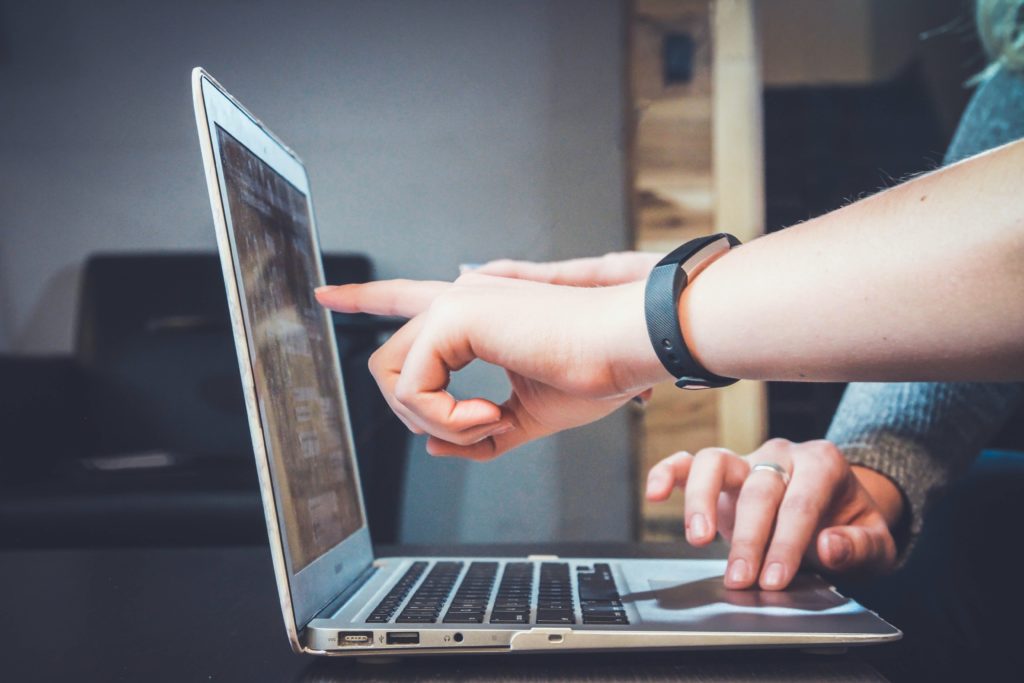Freddie Chipres couldn’t shake the melancholy that lurked at the edges of his otherwise “blessed” life. He occasionally felt lonely, particularly when working from home. The married 31-year-old mortgage broker wondered if something was wrong: Could he be depressed?
Chipres knew friends who’d had positive experiences seeing a therapist. He was more open to the idea than ever before, but it would also mean finding someone and scheduling an appointment. Really, he just wanted a little feedback about his mental health.
That’s when Chipres turned to ChatGPT(Opens in a new tab), a chatbot powered by artificial intelligence that responds in a surprisingly conversational manner. After the latest iteration of the chatbot launched in December, he watched a few YouTube videos suggesting that ChatGPT could be useful not just for things like writing professional letters and researching various subjects, but also for working through mental health concerns.
ChatGPT wasn’t designed for this purpose, which raises questions about what happens when people turn it into an ad hoc therapist.






